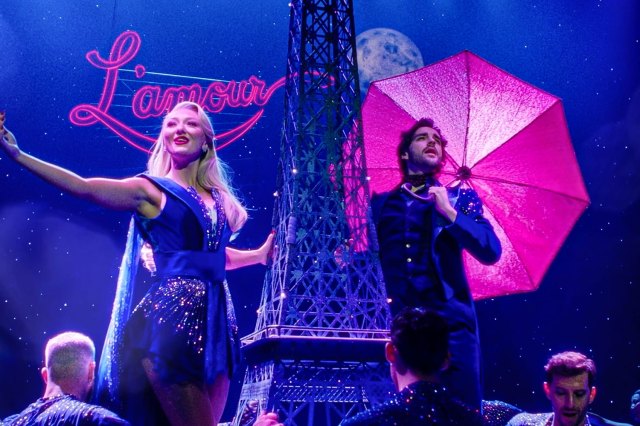Honour Bayes: Digital Theatre, are you a believer or not?
This week the thorny issue of digital theatre has once again raised its querulous head. The idea of capturing a medium that prides itself on its ‘liveness’ is so divisive it doesn’t just have fans or cynics but believers and non-believers.
Just as Whatsonstage.com’s brilliant deputy editor Andrew Girvan left to work for media company Digital Theatre, Headlong’s new video (below right) for their upcoming season was fanning the flames on twitter.
As arguments of style over substance swirled around me and I thought about the new world Andrew was going into I found myself getting sucked back in to the discussion; am I a believer, or not?
Of course it’s not as easy as a yes or no answer; digital theatre has just as many faces as theatre itself does. Trailers, vlogs, educational material, archival recordings of plays, live streaming of performances, performance where technology plays an integral part in its creation, each plays a different role. You don’t have to like all of them to appreciate one.
Available to watch online at any point, these recordings do raise questions of communal audience experience. Could a filmed version of theatre speak as personally to you as a one-on-one performance at BAC?
Does listening to Mark Ravenhill read his sonnet to Shakespeare through a screen (right) dampen its potency?
After consideration, I don’t think so, but in this area of digital theatre, are you a believer, or not?












